SUMMARY
This is AI generated summarization, which may have errors. For context, always refer to the full article.

THE HAGUE, Netherlands – Sarah Bafadhel, a British barrister accomplished in international criminal law, would like to make one thing clear: she is not representing Rodrigo Duterte, former president of the Philippines whose bloody campaign against drugs is the subject of an ongoing investigation for alleged crimes against humanity at the International Criminal Court (ICC).
It’s also a clarification that the one who hired her, Philippine Solicitor General Menardo Guevarra, likes to make.
Bafadhel was hired in February as external counsel for the Philippine government, mainly the Office of the Solicitor General (OSG), as it appeals the resumption of investigation by Prosecutor Karim Khan.
Since Guevarra, and now Bafadhel, came on board from the previous government, talk in The Hague is that the Philippines’ submissions have improved in quality.
To ordinary people, that all sounds like skilled lawyers have been hired to defend a potential criminal.
“At the moment there is no defendant, there isn’t a defendant to represent, we’re very much at a situation stage and in that sense what my assistance is providing is in order to ensure that the Philippines can exercise its sovereign rights and its primary rights to investigate and prosecute serious crimes,” Bafadhel told Rappler in an exclusive interview from The Hague, where she mainly holds base apart from her London office.
Disengage or engage?
When the ICC’s pre-trial chamber authorized the reopening of investigation, President Ferdinand Marcos Jr. said the government will now ”disengage,” consistent with Duterte’s hostile policy toward the Court. Duterte withdrew the Philippines from the ICC in 2018, which became effective in 2019, as a response to the opening of a preliminary examination.
But since that statement from Marcos, Guevarra said he has clarified it with the president and since then the OSG had been filing more submissions. Bafadhel adds her specialization in complementarity cases. Complementarity is a special ICC feature where, if the Court sees that the domestic justice process is doing its own investigations, it will step aside. The Philippine government claims its own justice system is working.
“The withdrawal is the sort of disengagement and the right to exercise your sovereign right to prosecute and investigate serious crimes that exist outside of the ICC framework. The fact that these appeals proceedings are going on can be exercised by a state party and a non-state party,” said Bafadhel.
Guevarra has always had his own way of doing things – when Duterte said that police were doing their jobs when they killed drug suspects, Guevarra as justice secretary opened a drug review that promised to take a second look at the police killings. Guevarra once said the drug review was ”the most sensitive” tension and “most significant point of stress” between him and Duterte.
Then there is Philippine ambassador to The Netherlands J Eduardo Malaya, a veteran in diplomacy and current president of the administrative council of the Permanent Court of Arbitration at the Peace Palace – the first Filipino to be one. It was the embassy, said Bafadhel, that approached her for the job.
It creates a narrative that there are quarters in government, at least in the Marcos government, that want to strike the best balance between defending the state and still upholding the country’s commitments to international order. Whether that is good or bad depends on who is asked.
‘We are part of justice’
For Bafadhel, a good defense team is a “cornerstone of how we approach the proceedings in court.”
“Even victims want the process to be fair, and in order to be fair, the defendant requires a voice and that voice is defense counsel. We are not there to judge them, we are there to advocate on behalf of their rights that they are entitled to – we are part of the process, we should not be excluded just because we’re representing someone who is alleged to have done or committed serious crimes,” said Bafadhel.
In international justice, there is general acceptance that a good defense makes the process credible. That is why the ICC created the Office of Public Counsel for the Defence (OPCD). It is an independent organ of the Court that facilitates the process of a defendant choosing his or her own counsel by providing a list of accredited counsels. It also offers legal aid to those who lack resources and provides counsels “where the interests of justice so require.”
According to the ICC: “The OPCD is not per se a public defenders office, since suspects or accused persons are guaranteed a free choice of counsel under the Rome Statute. The OPCD does not determine or interfere with the strategy of individual defence teams.”
There are efforts to improve defense structures in international courts to address how defense counsels have ”been marginalized and being almost treated as pariahs,” said Melinda Taylor in an episode of the ’Hague Girls’ podcast by Evelyn Ankumah.
Taylor was the defense counsel for Malian islamist fighter Al Hassan Ag Abdoul Aziz Ag Mohamed Ag Mahmoud. Bafadhel was the assistant counsel.
Even Karim Khan, the ICC prosecutor, was a leading defense counsel once, defending Kenyan deputy president William Ruto in the ICC for crimes against humanity.
It’s all in keeping up with the theory of equality of arms, or fair opportunity for all sides of litigation. In the Philippine context, equality of arms is a hard subject where the legal culture includes rich defendants hiring the most expensive firms to crush the weak and vulnerable complainants. Whereas the Philippine government can hire a specialist lawyer, the victims of Duterte’s drug war are counting on people’s lawyers who also have many other pro-bono cases to handle.
“There is a lot of stigma around defense counsels, and I appreciate where that comes from but we are a fundamental part, and that is a cornerstone of how we approach the proceedings in court,” said Bafadhel.
Bafadhel also explained that she had to abide by the cab rank rule where lawyers are required to take on a matter brought before them, unless they have a conflict of interest.
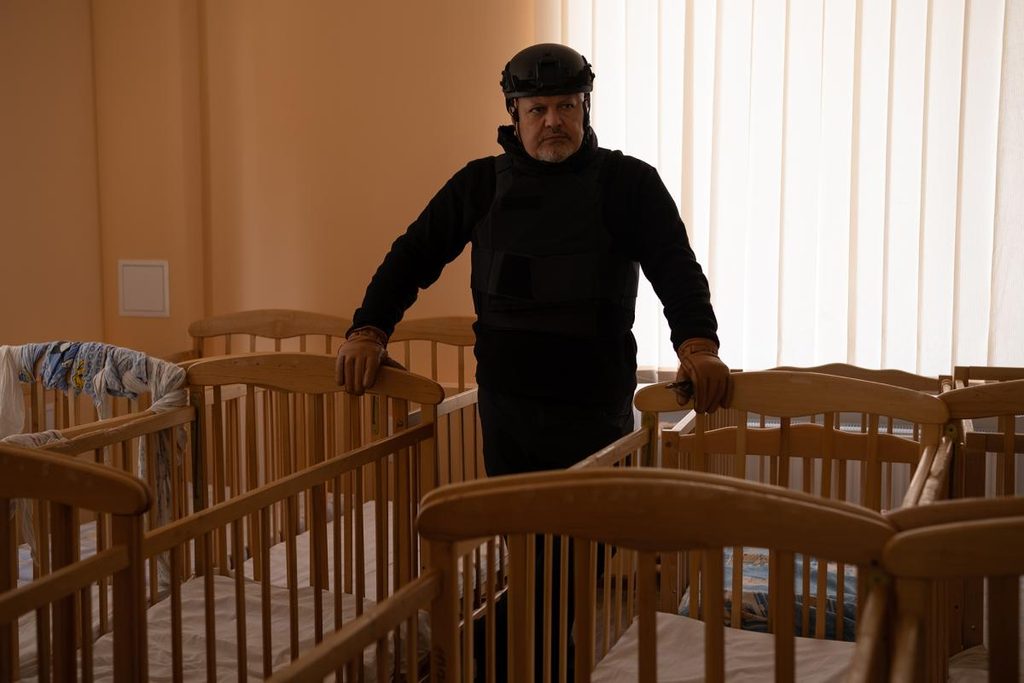
As it stands, the ICC’s Office of the Prosecutor (OTP) is the drug war victims’ advocates, having pushed for the investigation multiple times now. Karim Khan has two deputy prosecutors, one for trials, and one for investigations. He also has a special adviser for the Ukraine investigation. It sends a signal that all cases are of equal priority because Khan has extra hands. But the OTP has a limited budget, and the Philippines’ withdrawal has not allowed OTP investigators up until now to set foot in the country.
Kristina Conti, lawyer for one group of the victims and now accredited by the ICC as assistant counsel, said they were worried “just slightly” that Philippines was going to be dropped from priority ”at first.”
“Movement is better than no movement at all,” said Conti.
The appeals chamber decision is the last step before the OTP requests an arrest warrant if it finds sufficient grounds to do so. – Rappler.com
Add a comment
How does this make you feel?
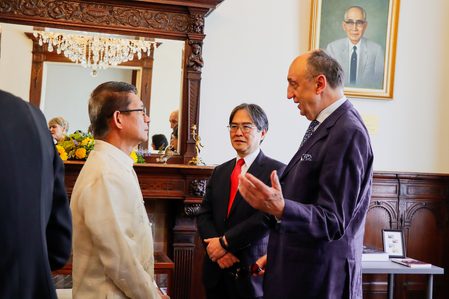


![[Vantage Point] The PDEA leaks](https://www.rappler.com/tachyon/2024/05/vantage-point-pdea-probe.jpg?resize=257%2C257&crop=255px%2C0px%2C720px%2C720px)
![[Edgewise] How Duterte can elude ICC arrest](https://www.rappler.com/tachyon/2024/05/thought-leaders-How-Duterte-elude-icc-arrest.jpg?resize=257%2C257&crop=272px%2C0px%2C720px%2C720px)

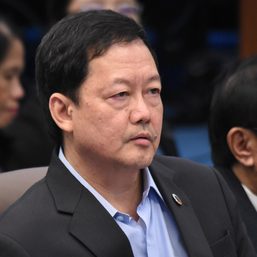
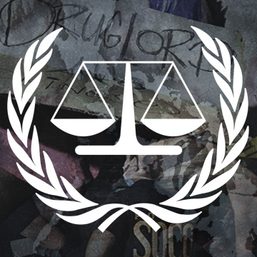







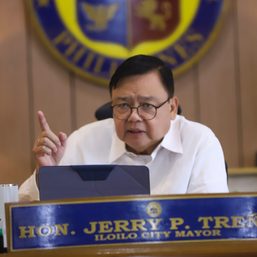

![[Just Saying] A reawakened Supreme Court?](https://www.rappler.com/tachyon/2024/05/reawakened-supreme-court-may-21-2024.jpg?resize=257%2C257&crop=384px%2C0px%2C1080px%2C1080px)
There are no comments yet. Add your comment to start the conversation.